Sleep paralysis is a lack of muscular function that occurs while you sleep.
This is how it usually happens:
- When a person is about to fall asleep
- Immediately after they’ve slept off
- While they are waking up
According to the American Academy of Sleep Medicine, persons with sleep paralysis often initially develop the disease between the ages of 14 and 17.
It’s a common sleeping disorder. According to studies, between 5% and 40% of persons suffering from this disease.
Sleep paralysis can develop in combination with another sleep condition known as narcolepsy.
Narcolepsy is a sleep disorder that causes excessive sleepiness and unexpected “sleep episodes” throughout the day. Many people who do not have narcolepsy, however, might nevertheless suffer from this paralysis.
This isn’t a life-threatening situation. Though it may appear frightening to some, no medical intervention is generally required.
Related: Analysis Paralysis
Sleep paralysis symptoms
Sleep paralysis isn’t a life-threatening condition. Being aware of the signs and symptoms might help you relax.
The inability to move or talk is the most typical symptom of a sleep paralysis episode. An episode might last anything from a few seconds to two minutes.
You may also encounter:
- Sensation as if you’re being pushed down
- Having the impression that someone or something is there in the room
- Feeling fear
- Hypnagogic and hypnopompic experiences (HHEs) are hallucinations that occur during, just before or just after sleep.
Other symptoms, according to Priyanka Vaidya, MD, include:
Episodes usually stop on their own or when you are touched or moved by another person.
Even if you’re aware of what’s going on, you won’t be able to move or talk during an episode. After the temporary paralysis wears off, you may be able to recollect the events of the incident.
Some people have dreamy hallucinations that generate dread or worry in rare situations, but these hallucinations are harmless.
Read: Psychophysiological Insomnia
Sleep paralysis causes
Sleep paralysis can affect children and adults of all ages. Therefore, certain populations are at a larger risk than others.
People who have one or more of the following conditions are at a higher risk:
- Insomnia
- Narcolepsy
- Anxiety disorders
- Major depression
- Bipolar disorder
- Post-traumatic stress disorder (PTSD)
According to Vaidya, it is caused by a separation between the mind and body that occurs during sleeping.
She also mentions the following common causes:
- Poor sleep hygiene, or a lack of the required sleep practices for optimal sleep quality
- Sleep apnea and other sleep problems
Sleep paralysis has also been related to a disturbed sleep routine. Working night shifts or being jet-lagged are two examples of how your sleep routine may be disturbed.
It appears to run in families in some situations. Although, this is an uncommon occurrence. There is no conclusive proof that the disorder is inherited.
It’s possible that sleeping on your back can raise your chances of having an episode. Sleep deprivation can also raise the chance of paralysis.
Read: Dyssomnia
How can you know if you have sleep paralysis?
Sleep paralysis can be diagnosed without the use of medical testing.
Your doctor will ask for information about your sleeping habits as well as your medical history. They may also advise you to keep a sleep diary to record your paralysis occurrences.
Your doctor may advise you to take part in an overnight sleep study to monitor your brain waves and breathing while you sleep. This is typically only suggested if you’re having trouble sleeping due to sleep paralysis.
Sleep paralysis treatment
Sleep paralysis symptoms usually pass in a couple of minutes and have no long-term physical consequences or damage. However, the experience may be extremely disturbing and terrifying.
In most cases, sleep paralysis that happens in isolation does not require therapy. Those who show symptoms of narcolepsy should see a doctor. This is especially crucial if your symptoms are interfering with your job and personal life.
If narcolepsy is the actual reason for your sleep paralysis, your doctor may prescribe specific medications to help you manage it.
Stimulants and selective serotonin reuptake inhibitors (SSRIs), such as fluoxetine, are the most often given medicines (Prozac). Stimulants assist you in staying awake.
SSRIs are used to treat the symptoms of narcolepsy.
Polysomnography is a type of sleep study that your doctor may order.
If you have this paralysis or other narcolepsy symptoms, the research results will support your doctor in making a diagnosis. An overnight stay in a hospital or sleep facility is required for this investigation.
A healthcare professional will put electrodes on your chin, scalp, and the outside border of your eyelids as part of this study. Electrical activity in your muscles and brain waves is measured by the electrodes.
They’ll also keep an eye on your heart rate and respiration. A camera may capture your motions while you sleep in some situations.
Vaidya believes that maintaining sleep hygiene and keeping to a proper nighttime routine is the key to preventing this paralysis.
- Avoiding blue light before going to bed
- Ensuring that the temperature in the room is maintained low
These nighttime rituals might assist you in getting a better night’s sleep.
Read: How Pandemic COVID-19 Affects Our Dreams
How to avoid sleep paralysis
With a few easy lifestyle adjustments, you can stop sleep paralysis and the frequency of episodes, such as:
- Reduce the amount of stress in your life
- Regular exercise is recommended, but not too close to bedtime
- Make sure you get enough sleep
- Maintain a consistent sleeping pattern
- Keep track of any drugs you’re on for any ailments
- Learn about the side effects and consequences of your drugs so you can prevent potential side effects
- Avoid sleeping on your back by sleeping on your side
According to Vaidya, the following techniques can also aid in the prevention of sleep paralysis:
- Therapy
- Counseling for trauma
- Yoga and breathing techniques might help you recover your sense of control over your body.
If you have a mental health problem like anxiety or depression, using an antidepressant might help you sleep better.
Antidepressants can help you sleep better by reducing the number of dreams you have.
Read: Tips to Stop Restless Legs Syndrome
Piece of advice
While sleep paralysis is not a serious illness but it can be frightening and uncomfortable for some people.
You should visit a doctor if the issue is giving you distress or hurting the quality of your sleep.
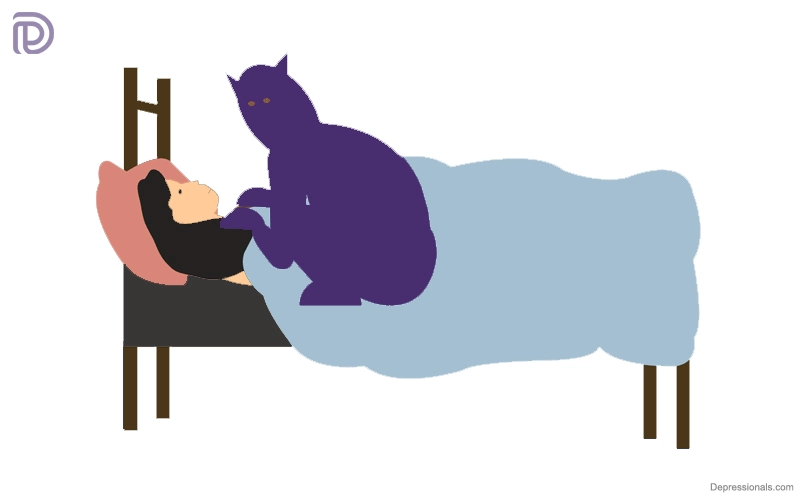
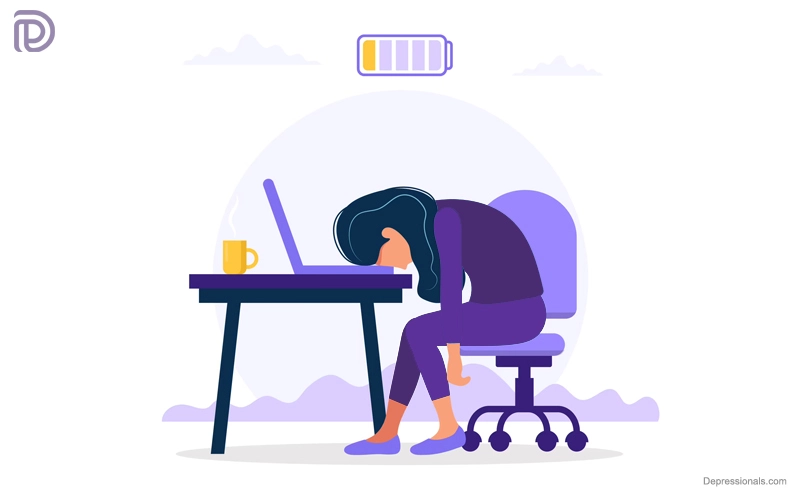
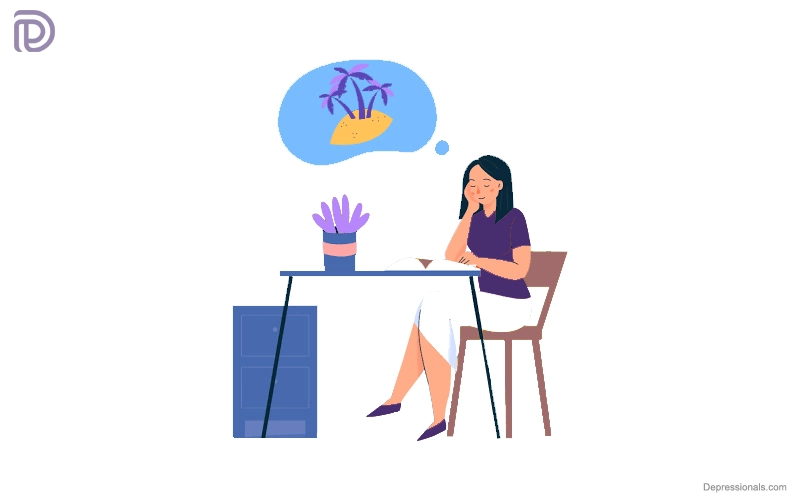
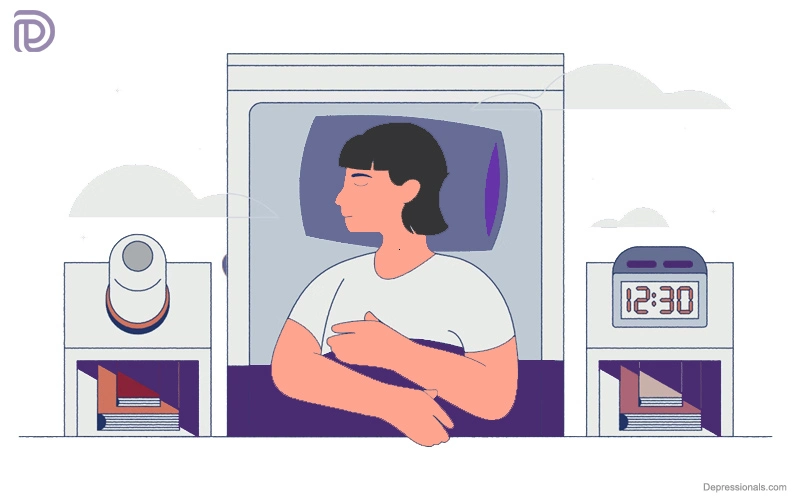
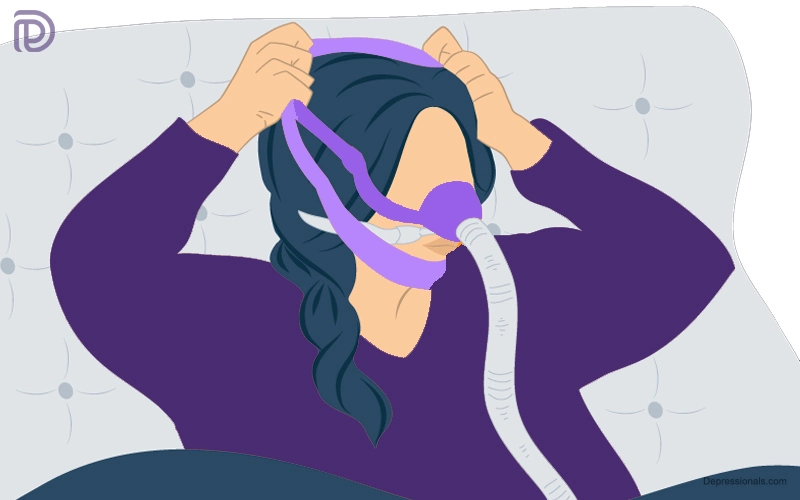

I have been browsing online more than 2 hours today, yet
I never found any interesting article like yours.
It’s pretty worth enough for me. In my view, if all site owners and bloggers made good content as you did, the net will
be much more useful than ever before.
Hello, its a fastidious piece of writing about
media print, we all understand media is an impressive source of information.
I have read so many posts on the topic of the blogger lovers however this post is really a pleasant piece of writing, keep it up.
Thanks for the points shared on your blog. You may know and already be following these tips, although reinforcing knowledge never hurts.
I visit each day a few sites and blogs to read content, but this blog offers quality based writing. I like the valuable information you provide in your articles. I’ll bookmark your weblog and check again here frequently. I’m quite certain I will learn lots of new stuff right here! Best of luck for the next!
I visit each day a few sites and blogs to read content, but this blog offers quality based writing. I like the valuable information you provide in your articles. I’ll bookmark your weblog and check again here frequently. I’m quite certain I will learn lots of new stuff right here! Best of luck for the next!
Thanks for the auspicious writeup. It actually was a enjoyment account it. Look complicated to far brought agreeable from you! However, how could we communicate?
Thank you so much for the great article, it was fluent and to the point. Cheers.
Thanks for your useful article.
Hey there! This is kind of off topic but I need some help from an established blog. Is it very hard to set up your own blog? I’m not very techincal but I can figure things out pretty quick. I’m thinking about creating my own but I’m not sure where to start. Do you have any points or suggestions? Many thanks
Awsome post and straight to the point. I am not sure if this is actually the best place to ask but do you folks have any thoughts on where to get some professional writers? Thx 🙂
You could certainly see your skills in the work you write. The world hopes for even more passionate writers like you who aren’t afraid to say how they believe. Always follow your heart.
I’m not sure where you are getting your info, but good topic. I need to spend some time learning more or understanding more. Thanks for great information I was looking for this info for my mission.
I used to be recommended this web site via my cousin. I am no longer sure whether this publish is written through him as no one else understand such specific about my trouble. You are wonderful! Thanks!
Hi there would you mind sharing which blog platform you’re using? I’m going to start my own blog soon but I’m having a tough time selecting between BlogEngine/Wordpress/B2evolution and Drupal. The reason I ask is because your design and style seems different then most blogs and I’m looking for something unique. P.S My apologies for getting off-topic but I had to ask!
Thanks for your write-up.
Thanks for all tips I have certainly learned through your site.
At this time it appears like WordPress is the preferred blogging platform out there right now. (from what I’ve read) Is that what you are using on your blog?
Yesterday, while I was at work, my cousin stole my iphone and tested to see if it can survive a thirty foot drop, just so she can be a youtube sensation. My apple ipad is now broken and she has 83 views. I know this is entirely off topic but I had to share it with someone!
I do not even know how I ended up here, but I thought this post was great. I do not know who you are but definitely you’re going to a famous blogger if you are not already 😉 Cheers!
Thanks for your post.
What Taking place i’m new to this, I stumbled upon this I have found It positively useful and it has aided me out loads. I hope to give a contribution & assist other customers like its aided me. Great job.
I was wondering if you ever considered changing the structure of your website? Its very well written; I love what youve got to say. But maybe you could a little more in the way of content so people could connect with it better. Youve got an awful lot of text for only having one or 2 pictures. Maybe you could space it out better?
I believe that avoiding highly processed foods is the first step to lose weight. They might taste great, but processed foods include very little vitamins and minerals, making you take in more only to have enough power to get through the day. When you are constantly having these foods, transferring to grain and other complex carbohydrates will aid you to have more vigor while eating less. Interesting blog post.
Howdy! I could have sworn I’ve been to this blog before but after browsing through some of the post I realized it’s new to me. Nonetheless, I’m definitely delighted I found it and I’ll be book-marking and checking back frequently!
I visit each day a few sites and blogs to read content, but this blog offers quality based writing. I like the valuable information you provide in your articles. I’ll bookmark your weblog and check again here frequently. I’m quite certain I will learn lots of new stuff right here! Best of luck for the next!
Somebody necessarily lend a hand to make critically posts I might state. That is the first time I frequented your website page and up to now? I surprised with the research you made to create this particular submit extraordinary. Wonderful job!